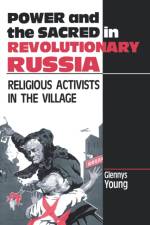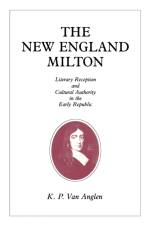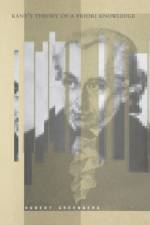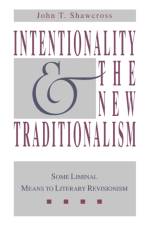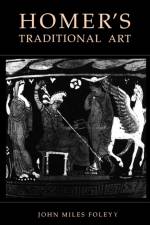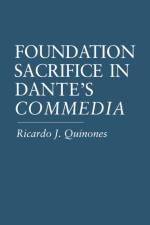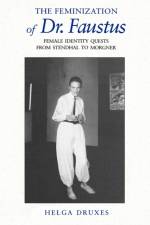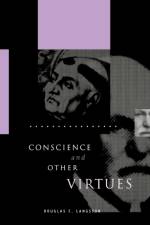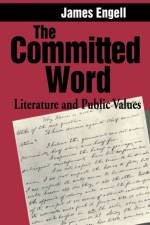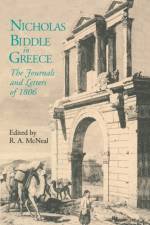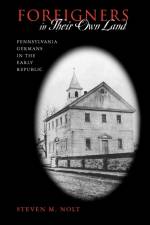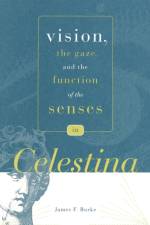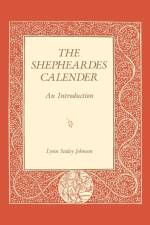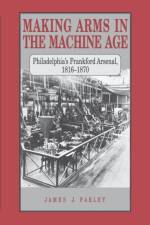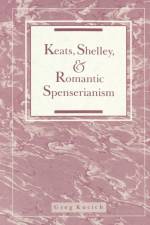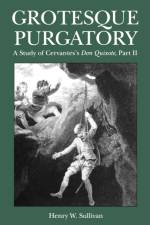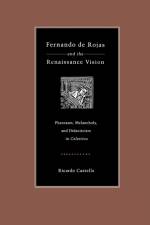- Some Liminal Means to Literary Revisionism
av John T. Shawcross
422
Intentionality and the New Traditionalism argues that both the text and the author of a literary work are important to a cogent and full reading of that work. The author creates the text, which then leads the reader into a reading of it through its various elements or literary devices that have been consciously employed by the author. The author''s presence is thus continuous in the work and important to it. Such elements and literary devices create what can be called an "intentionality" of the text and become limina, or thresholds, through which the reader can enter the world of the text. The limina direct the reader toward one means of understanding the work. Shawcross discusses and demonstrates the significance of specific types of limina, including genre, structure, and numerological relationships within the work, the use of Latin, allusion and historical/biographical context, onomastics, the performing self, and intertextuality. Some of these, such as genre, have been dismissed in recent critical stances, and others have been little considered.Shawcross first explores genre, looking at poetic genres and subgenres, the difference between genre and mode, the generic question of tragedy/comedy, the concept of lyric, and the significance of sequence. He then illustrates the importance of other limina to a variety of authors and periods. He also offers new readings of particular works and suggests possible revised readings of other works of similar nature. Shawcross draws primarily on poetry and works of the seventeenth and twentieth centuries, but drama and the novel as well as the nineteenth century are also included.

